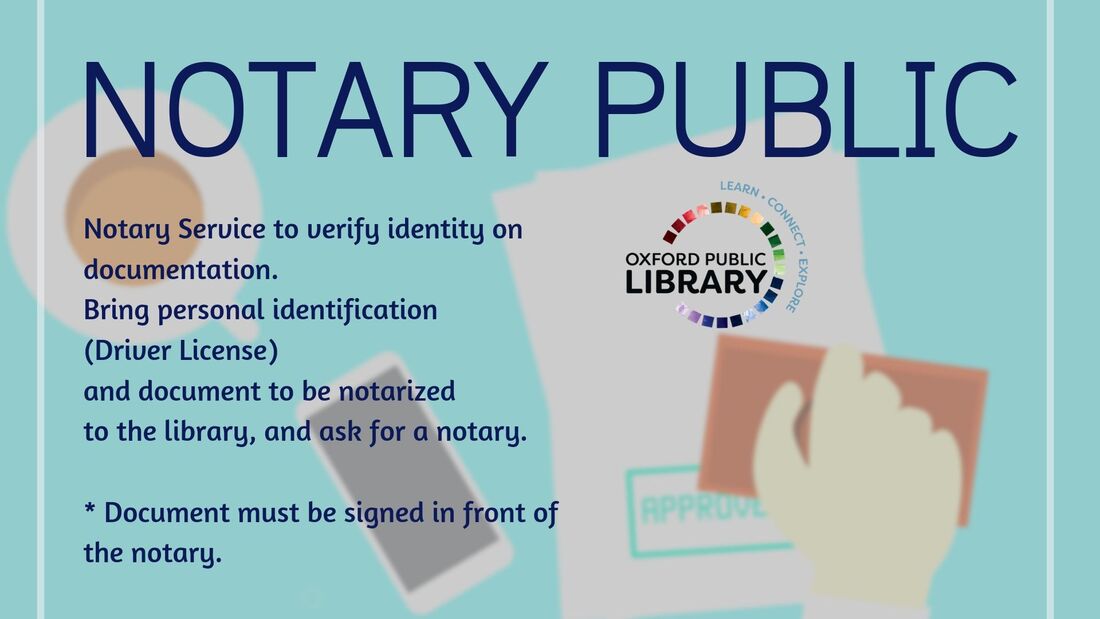Apostille Process Explained: Improving International Record Verification
Apostille Process Explained: Improving International Record Verification
Blog Article
Debunking Notarial Work: Simplifying the Function and Value of Notaries
In the complex internet of legal paperwork and confirmation, notaries stand as pillars of assurance and credibility. Their function, frequently shrouded in enigma for several, brings significant weight in ensuring the legitimacy and stability of crucial papers. As guardians of legitimacy and reality, notaries play a crucial part in our culture, yet their work is not always totally recognized. By unraveling the intricacies shedding and bordering notarial practices light on the significance of their acts, a clearer understanding emerges of the crucial duty notaries play in upholding the fabric of contractual and legal contracts.
The Background of Notarial Work
The background of notarial work dates back to old people, where scribes played an important duty in videotaping important details and authenticating documents. This led to the advancement of notaries, individuals assigned by the state to act as objective witnesses in legal issues.
During the Center Ages, notaries acquired prominence in Europe, with their functions expanding to include drafting legal files, accrediting trademarks, and protecting documents. The increase of international profession further highlighted the relevance of notarial operate in verifying agreements and agreements across boundaries.
In the modern period, notaries proceed to play a vital role in legal and company purchases by confirming identities, verifying the credibility of papers, and stopping fraudulence. Their function in certifying the validity of contracts includes a layer of safety and depend the ever-evolving landscape of commerce and regulation.

Responsibilities and Duties of Notaries
The historical evolution of notarial work from old people to the modern era has actually formed the unique tasks and responsibilities that notaries support in lawful and business deals today. Notaries play an important function in verifying the authenticity of documents and the identity of notaries. Among their key duties is to witness the signing of essential documents, such as wills, contracts, and actions, to make sure that all celebrations are becoming part of arrangements purposefully and willingly. Notaries additionally verify that notaries are of sound mind and not under duress or coercion.
Additionally, notaries are entrusted with administering vows and affirmations, which are essential in legal procedures and the implementation of testimonies. They license copies of initial papers, providing guarantee to institutions that the copies are true reproductions of the originals. Notaries must maintain precise documents of all purchases they manage to guarantee openness and liability. Generally, the obligations and responsibilities of notaries are crucial in guarding the stability and validity of various papers and purchases.
Notarial Certificates and Signatures
Exhibiting meticulous focus to detail, notarial certificates and trademarks act as important elements in validating the credibility of legal records. Notarial certifications usually contain vital details such as the day of registration, the names of the signatories, a summary of the document, and the notary's official seal. These certifications give a clear record of the notarial act, making certain that the record can be conveniently identified and traced back to the notary that managed the process.
Trademarks play a pivotal role in notarial job, as they signify the contract and permission of the celebrations included. Notaries meticulously witness the signing of files to verify the identity of the notaries and validate that they are signing of their own cost-free will. By attaching their official seal and signature to the document, notaries license that the required treatments have actually been followed and that Apostille the paper is legitimate and enforceable.
Basically, notarial certificates and signatures are the hallmark of credibility in legal purchases, giving guarantee to all parties included that the documents are legit and binding.
Value of Notarial Acts

Registration Refine Discussed
Explaining the registration procedure gives clarity on the crucial actions associated with confirming legal records. The registration procedure generally starts with the specific offering the file to a notary public. The notary after that validates the signer's identification via appropriate recognition methods. As soon as the identification is confirmed, the notary guarantees that the private authorizing the paper does so voluntarily and without any threat.
Conclusion

Notarial certificates generally contain critical information such as the day of notarization, the names of the signatories, a summary of the record, and the notary's main seal. These certifications provide a clear record of the notarial act, making sure that the document can be quickly determined and traced back to the notary who looked after the the original source process.
By attaching their main seal and signature to the paper, notaries license that the necessary procedures have actually been followed and that the record is enforceable and valid.
By verifying the identification of the signatures, validating their desire to enter right into the contract, and licensing the day and area of the signing, notaries play an essential duty in upholding the validity of lawful records.After the document is signed, the notary will certainly fasten their main seal or stamp onto the record.
Report this page